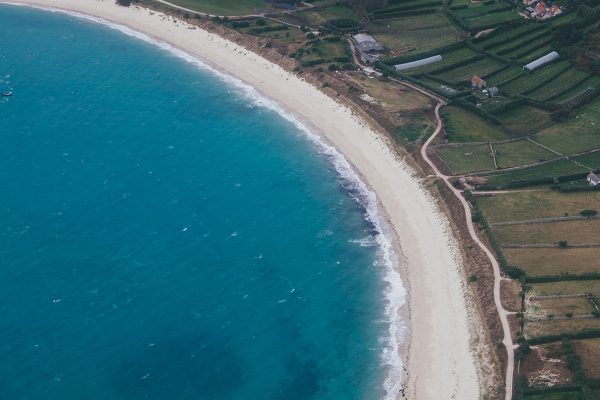BlueHealth researchers have estimated how much recreation in blue spaces across the EU is worth in monetary terms.
The results of this analysis, published in the journal Science of the Total Environment, show that bluespace recreation across 78% of the adult population of the EU can be valued at €631bn every year.
Using the results of the BlueHealth International Survey, the project team calculated how much people spend travelling to bluespace sites across 14 European countries and then used participants’ responses to bathing water quality signage to estimate how this travel cost would change in response to hypothetical changes in bathing water quality.
On average, survey participants reported having made 47 bluespace visits per year, ranging from 33 in France to 63 in Finland. The monetary value of an average visit was estimated at €41.32, ranging from €23.02 in Finland to €82.95 in Germany. When these values were scaled up for a whole year of visits, per capita annual estimates of the value of bluespace recreation ranged from €1,071 in France to €3,527 in Germany.
A single step increase of bathing water quality (as represented by the Bathing Water Directive signage) was associated with around three more visits per person per year. This corresponded to an increased value of €129 per person per year, or almost €42bn for the entire adult population of the 14 countries surveyed.
Where bathing water quality was decreased, this was associated with almost ten fewer visits per person per year, which corresponded to a decreased value of around €400 per person per year, or a €130bn decrease for the adult population of the 14 countries surveyed.
The results of this work underline the enormous value of recreation in blue spaces across Europe. The value of visits far outweighs the costs of implementing the EU’s Bathing Water and Water Framework directives, suggesting these are worthwhile investments not only in terms of improving ecosystems, but also increasing recreation. Given that losses in water quality were likely to result in disproportionately large decreases in value, maintaining and improving bathing water quality standards are crucial for both human health and local bluespace-related economies.







